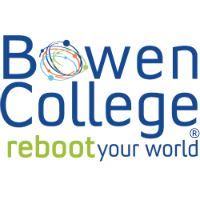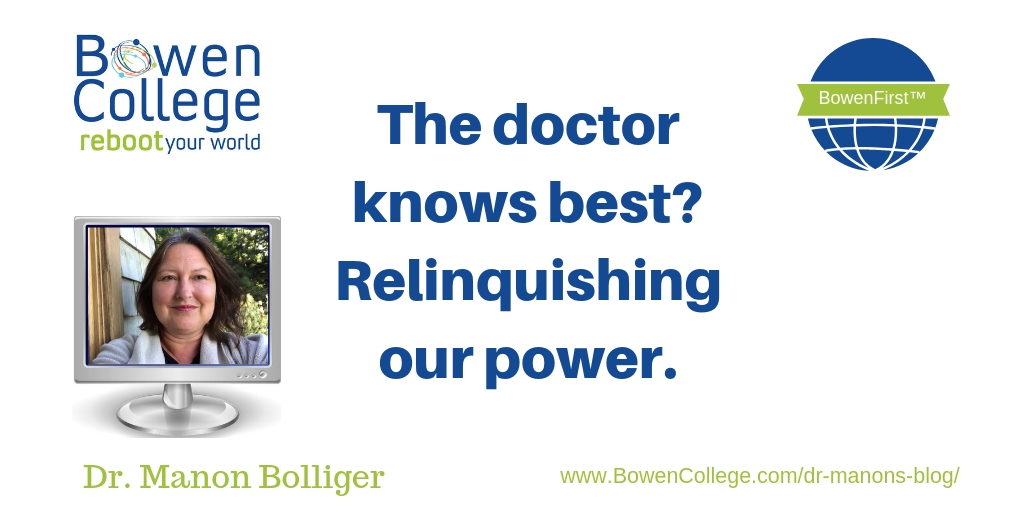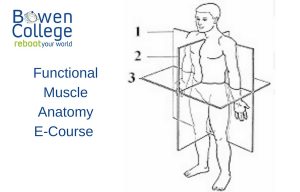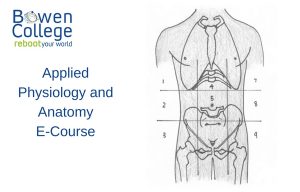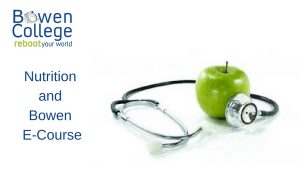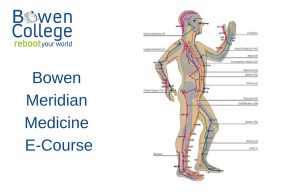In my last post we looked at how the subjective description of a patient’s condition actually embodied much more knowledge about a patient’s condition than is commonly recognized. This could be a valuable resource for a doctor. How does such knowledge actually fare though?
In fact, this innate knowledge is often lost when patients go to a doctor. They relinquish their own experiences and intuitions in the belief that the doctor knows “best.” While seeking a diagnosis they do not feel as if they have any responsibility or input that could make a difference.
On the other hand, some patients want to be heard and validate their experience and/or assumptions. For them, the solution offered must address the problem they believe needs solving. The diagnosis, from the patient’s point of view, as well as the “cure,” will rest on their understanding of what “treatment” can do to help them. Before even getting to that point, it is important to realize that there is a huge range of operating assumptions on the part of the patients’ participation in their health.
These assumptions determine the degree of importance for discovering both their “story” and the relative importance of the doctor’s operating presumptions, and whether they need to be on the same page. The degree to which the patient feels they participate in this process reflects complex philosophical perspectives on life, responsibility, deference, trust in authority, understanding of healing and the desire to achieve outcomes, both consciously and unconsciously.
The degree of consciousness we have towards the “stories” we hold about our lives and our health ultimately determines our degree of agency in the process of healing. In my next post I’ll go through some examples that illustrate the claims I’ve made here. See you then.
